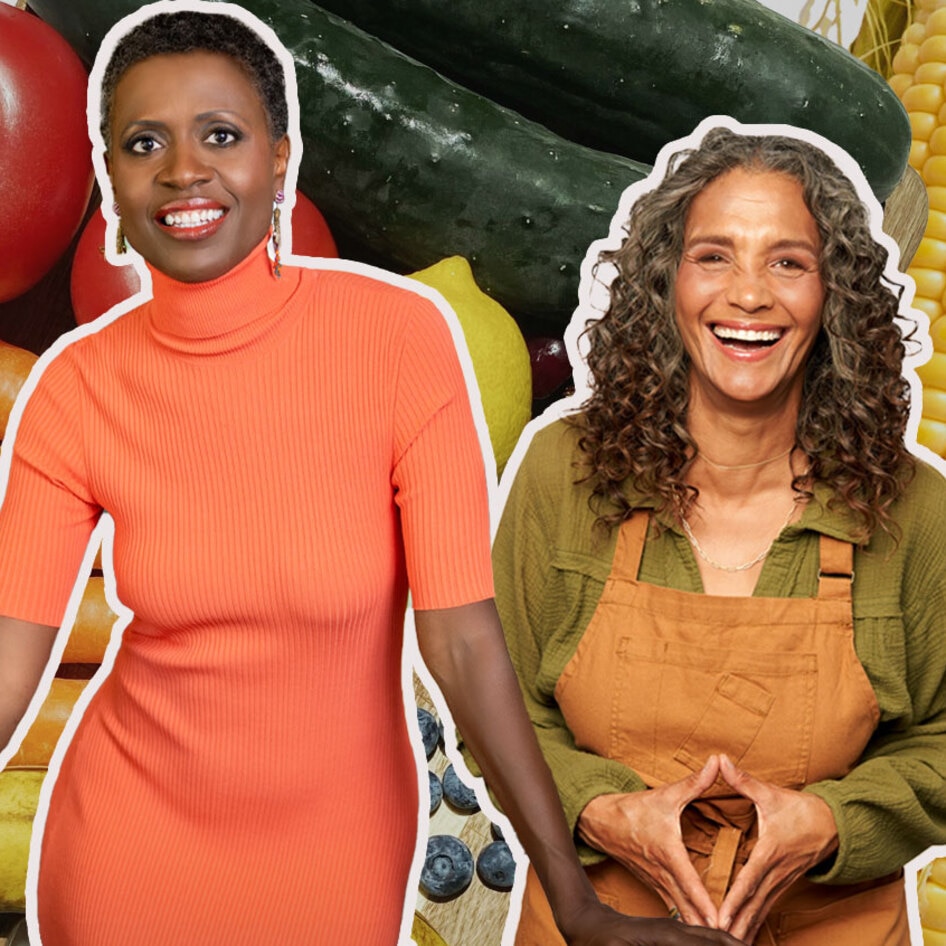Why Going Vegan Can Help You Relax
Are you someone who practices mindful meditation? If so, here’s why you should be vegan (if you aren’t already).
May 2, 2018
Due to a newfound interest in meditation worldwide, mindfulness training is increasingly taught in hospitals and clinics and by healthcare practitioners worldwide, as being mindful has been proven to help with everything from anxiety relief and pain management to cessation of smoking and binge eating. These results are due to the awareness that mindfulness practice brings, helping the individual cultivate positive brain states such as compassion, kindness, patience, and equanimity. Thus, more people have begun to connect the idea of mindfulness with a vegan lifestyle, as mindful living encompasses mindful eating, which includes some degree of awareness regarding what—or who—is on your plate.
How mindfulness practice inspires one to become vegan
Meditation connects the student with themselves on a deeper level mentally, emotionally, and physically. As we devote attention to mental training, we become aware of our thoughts and emotions. We also become aware of how thoughts and emotions show up as physical sensations in our bodies (all emotions have a “feel” to them, which is why we call them “feelings”). Thus, every thought and emotion we experience has a physical correlation in the body. These physical sensations are happening all the time, but we’re unaware of many of these sensations until we cultivate a practice that brings them to our consciousness. By bringing our attention to these sensations, we become increasingly aware of how positive, congruent thoughts can cultivate peace and harmony, while negativity and inner conflict can generate discord, physical stress, and bodily discomfort. Through the practice of mindfulness, we begin to understand the obvious and immediate emotional, mental, and physical well-being, clarity, and confidence that come when we live in alignment with our ethics and higher ideals.
Increased awareness
As we continue with mindfulness meditation practice, we become increasingly aware of the dissonance created when our actions do not align with our ethics (eg, continuing to use animal products while professing a love for animals). Furthermore, we become aware of the feelings and physical sensations of inner conflict in a more pronounced way, as the discord between an intention of non-harming and eating habits—now unobscured through the practice of mindfulness practice—becomes apparent in mental and physical unrest. To understand this phenomenon, think about any time you have done something that conflicts with your conscience. With this conflict, anxiety increases, inner peace is disturbed, and equanimity is sabotaged. Such actions generate a mental and emotional state that is reflected in tight shoulders, a lump in the throat, a knot in the stomach, or tension in your face that reflects conflict or regret in the mind. These disquieting states take place whether we are aware of them or not. Mindfulness meditation practice brings these reactions to our attention in a way that inspires us to take different actions so we can live in greater resonance, peace, and happiness. These sensations, then, are the indicators of poor decisions.
That a-ha moment
Think back to a time when you became aware, in a new way, of the consequences of a food item you put your your plate or a clothing item you might be wearing that is made from animal products such as leather shoes or handbags. Can you recall a moment when you realized that your actions were in conflict with your ideals? For example, perhaps the occasional chunk of dairy cheese or favorite bakery goodie laced with butter continued to find its way onto your plate, in spite of your better judgment, creating inner conflict. How did you know you were experiencing conflict? Did your body send a message of tension or other discomfort that underscored the disparity in the experience? With mindfulness practice, these conflicts become clearer, which hastens our clarity, decisiveness, and ease in making more congruent choices.
S.T.O.P.: A simple tool for growing mindfulness in seconds
To increase your experience of living with greater resonance between your ideals and your actions, a mindfulness tool known as S.T.O.P. can help. This five-second pause can support you in making choices and actions that bring harmony and happiness. S.T.O.P. (which stands for “Stop, Take a Breath, Observe, and Proceed) restores a connectivity with the present—the only moment we can really make a more skillful choice. This simple tool can be implemented in any situation when you are aware of your actions being in conflict with your vegan ideal of causing the least harm possible. S.T.O.P. helps you check in and create a pause before taking an action that might not be in alignment with your ethics. The result is increased inner harmony and the peace that comes with living in alignment with the vegan ideal.
Lani Muelrath, MA, is an award-winning health educator, celebrated speaker, and the author of three best-selling books, including the just-released The Mindful Vegan: A 30-Day Plan for Finding Health, Balance, Peace, and Happiness.
JUMP TO ... Latest News | Recipes | Guides | Health | Shop







